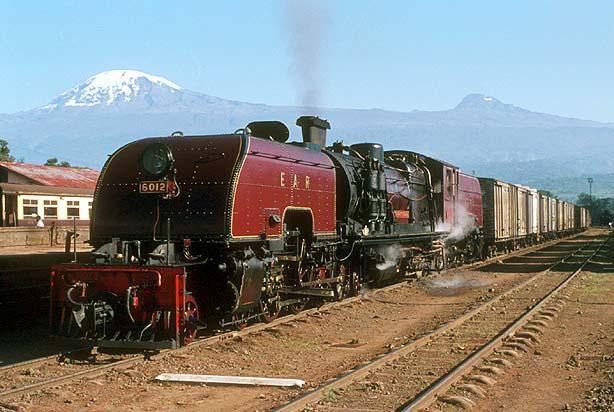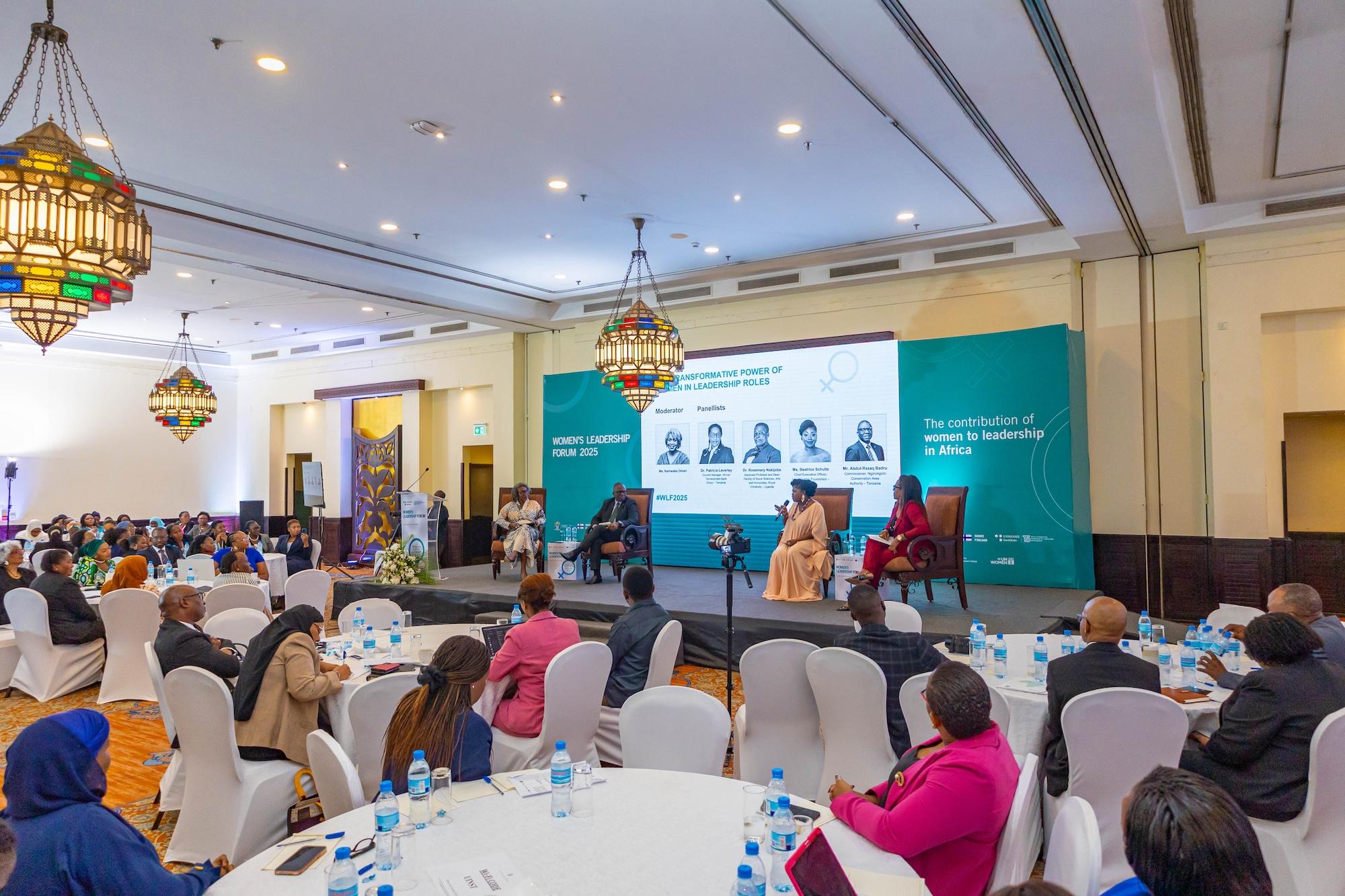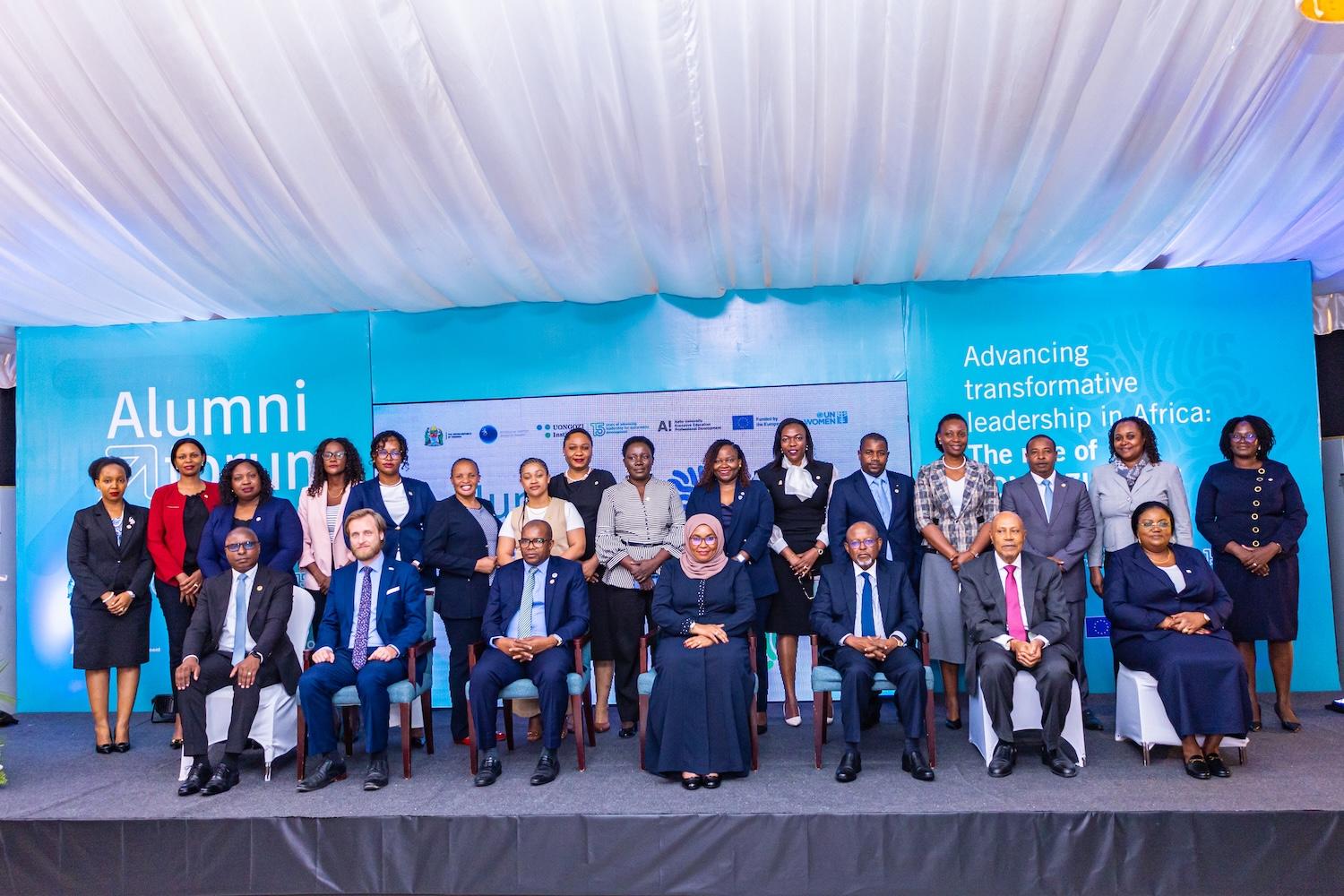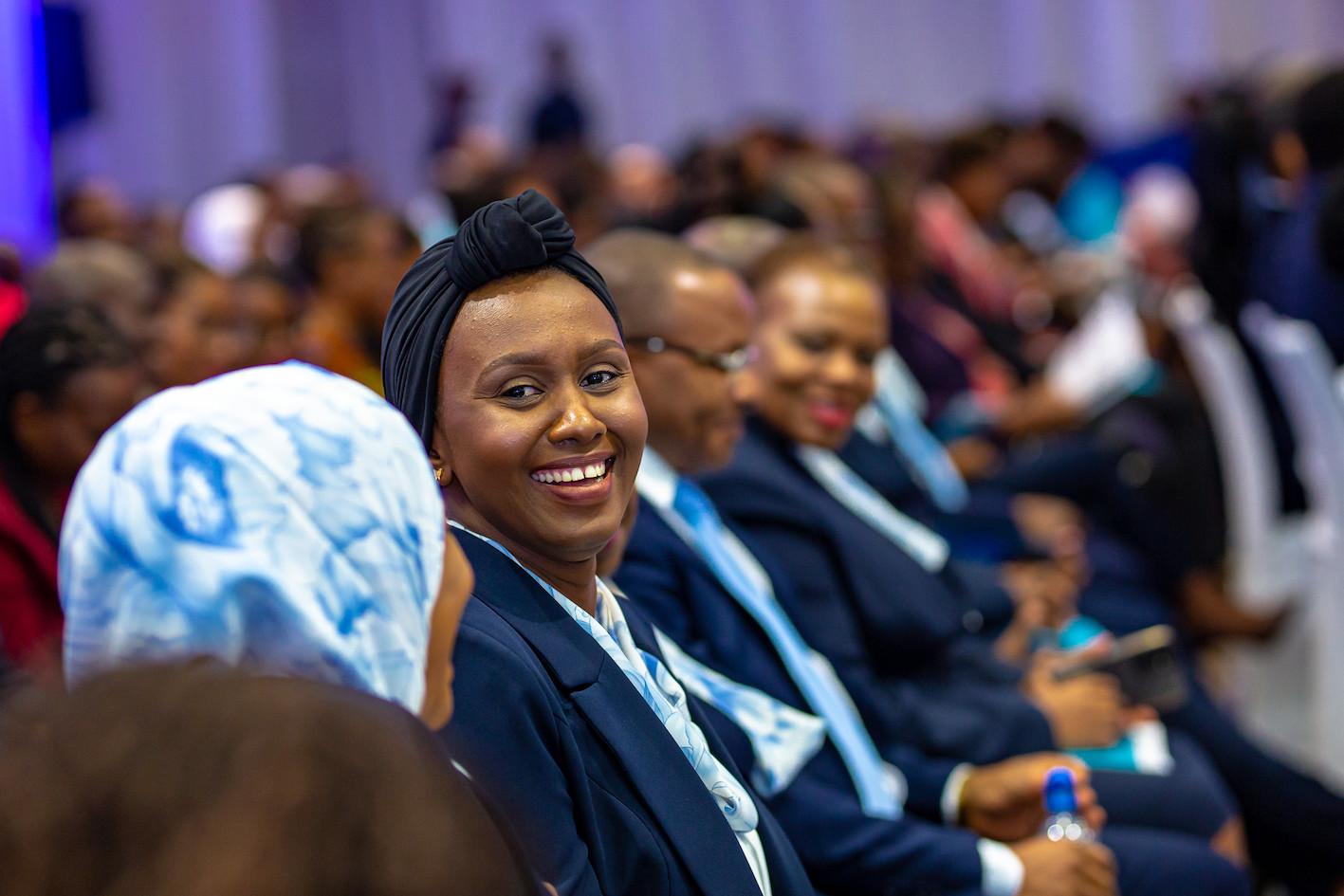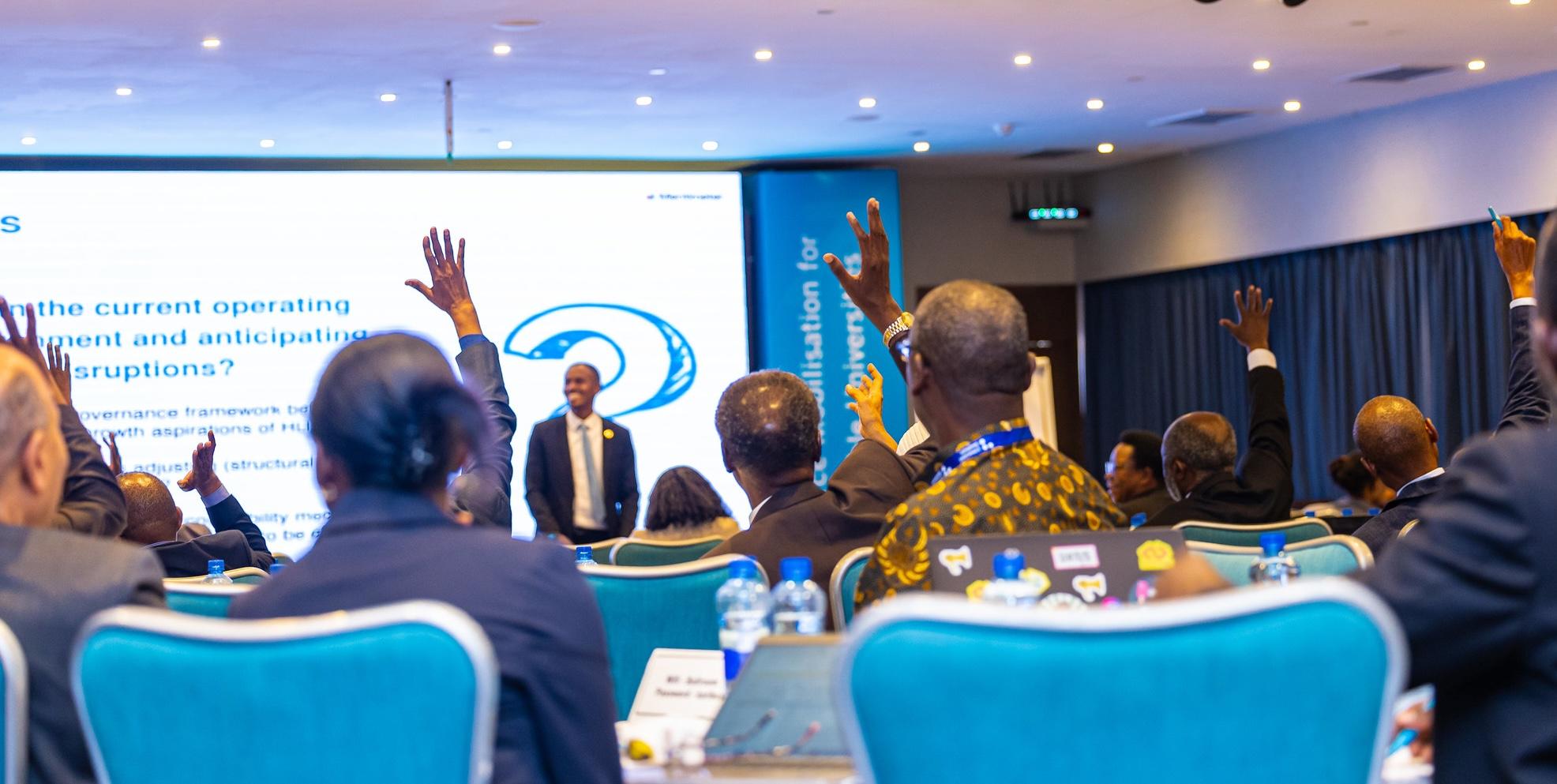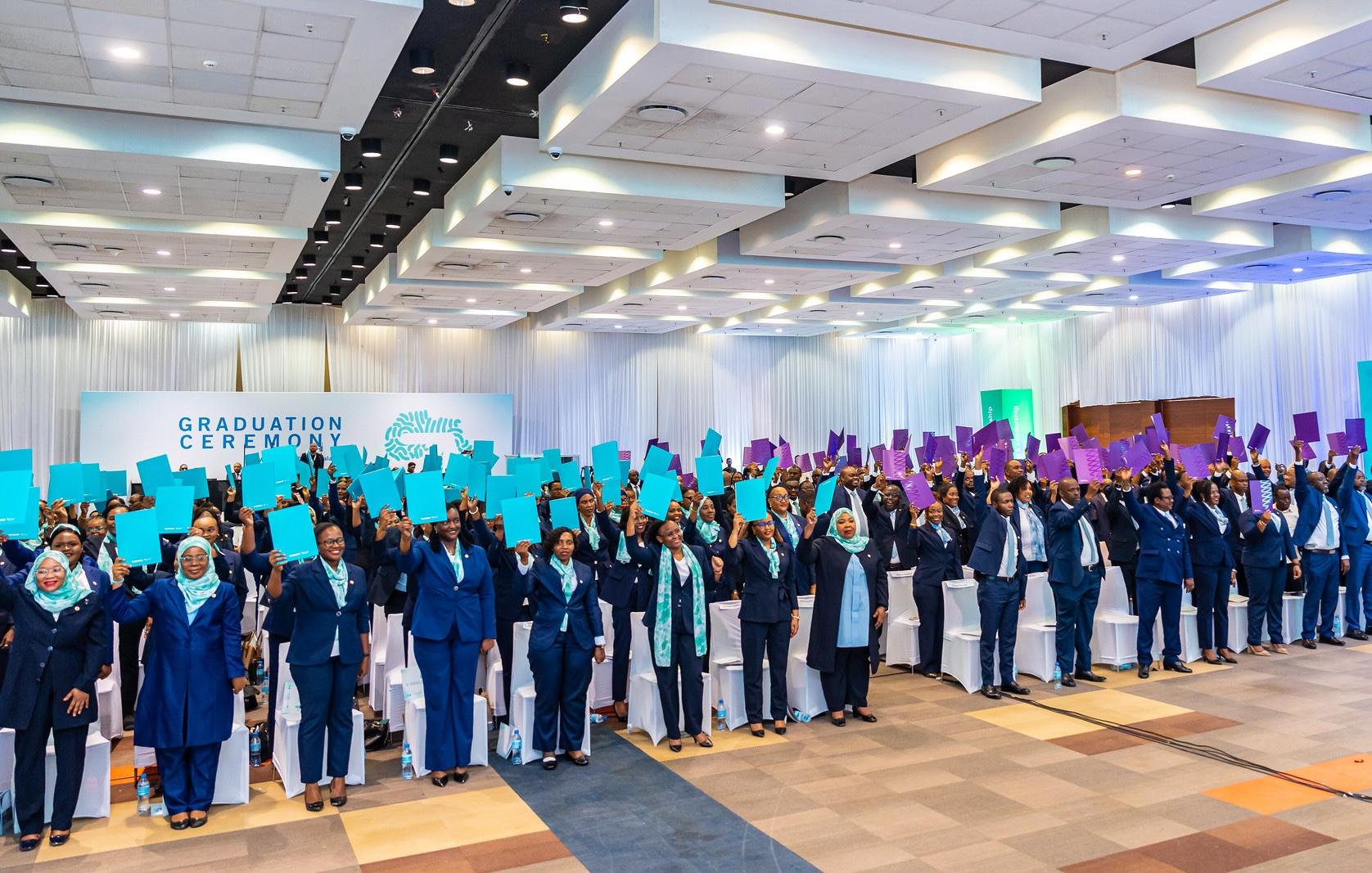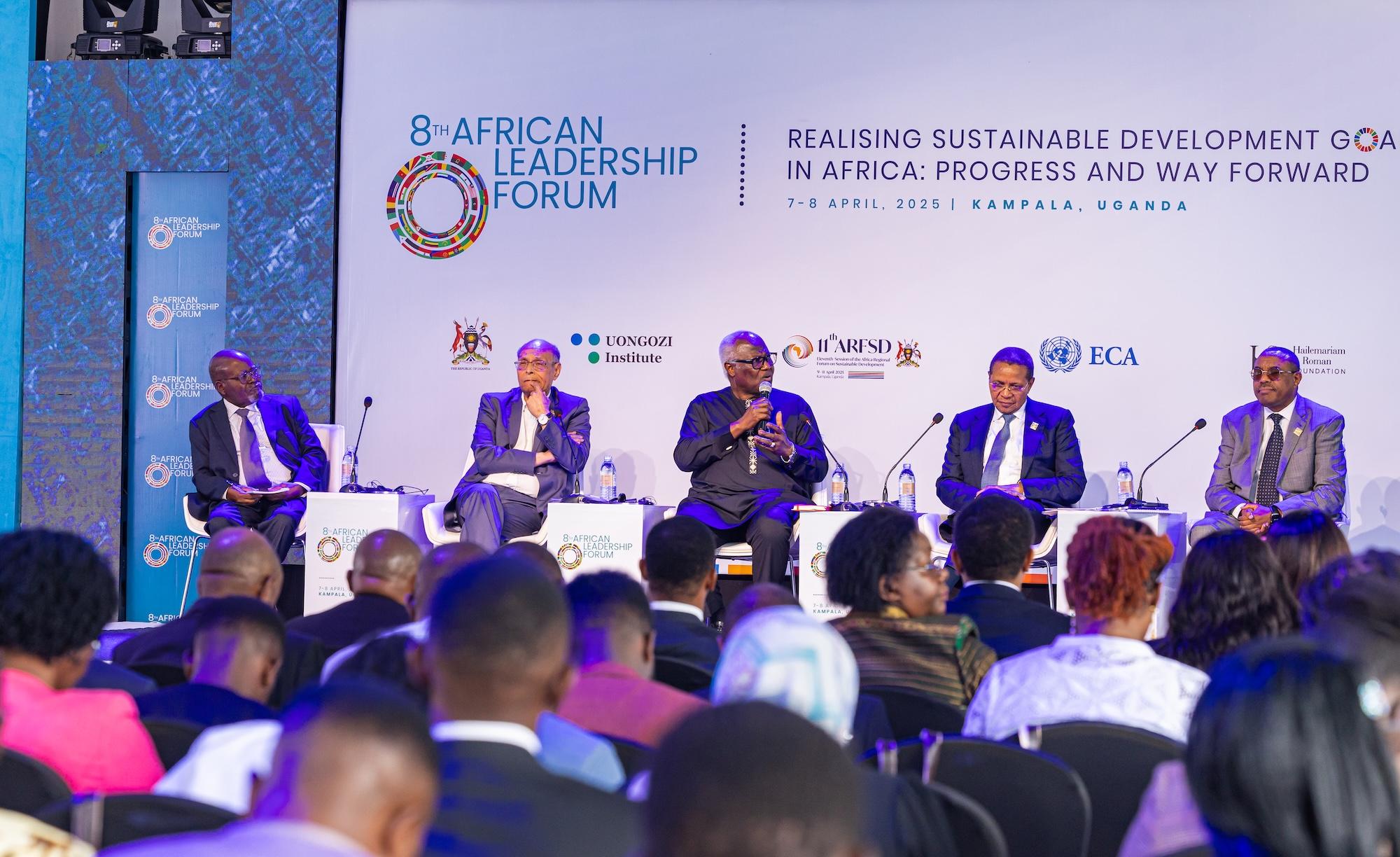By Gwamaka Kifukwe
With a visit to the East African Community (EAC) headquarters or browsing of their materials you will quickly encounter the EAC’s ambitious slogan; ‘One People, One Destiny’. The motto encapsulates the essence of integration – the increased interlinking and interdependence of economies, communities, and (most importantly of all) people. Since its re-establishment in 1999, the community has moved quickly to expand from its original three member-states, to its current six member-states – Burundi (2007), Kenya (1999), Rwanda (2007), South Sudan (2016), Tanzania (1999), and Uganda (1999). In more technical terms, the EAC has already achieved the East African Customs Union, the establishment of the Common Market (2010) and the implementation of the East African Monetary Union Protocol. In the academic literature, these are seen as stepping stones on the way to full political federation – which remains a way off yet.
However, integration must be more than linking people abstractly and intellectually, it must be based on linking people. Personal relations can have a long-lasting effect on integration as mutual understanding grows from personal exchange. It is only by mingling with our neighbours that we learn about them, learn about their circumstances and environment, learn to trust them, and eventually learn to love them. As borders have opened up, however, initiatives to encourage personal connections have not been at the fore as the ‘One People, One Destiny’ mantra might at first suggest. The EAC (and the member states) must do more to encourage interaction and exchange among people, not just in economic, intellectual, and political areas.
One way of doing this is to encourage and enable young East Africans to travel across the region for free, or at nominal cost. The benefits of travel to an individual are too many to name, and each individual experiences travel differently. However, expanding horizons, giving people an opportunity to gain perspective, and to meet new friends, colleagues, and partners. Not to mention, giving our young people exposure to the great African spaces where the wildlife and natural wonders of the continent rule would foster a greater awareness of how precious our resource wealth is.
A good example of this is seen in the ‘Interrail’ initiative in Europe. Interrail was established in 1972 as a scheme to tempt young people to explore Europe and interact with each other. In other words, to give young Europeans the chance to raise their European awareness. Initially twenty-one countries took part in the scheme (which has expanded to thirty), which allowed youth aged 21 and below to travel freely across the participating states with the purchase of a 27 GBP pass. The scheme and pass have evolved, but remain in place today with the same purpose of enabling Europeans to explore their shared space, and develop a sense of ‘one people, one destiny’.
As we progress towards political federation and become ‘one people’, a similar scheme could have huge positive impacts on fostering understanding and trust, the foundations for peaceful co-existence. In addition, with the world’s economic structures shifting towards ‘shared’ and ‘knowledge’ economies, the networks and perspectives will empower young people to look beyond difference as a challenge, and treat it as an asset. Many people – young people in particular – are already linking through social media and other virtual/online ways. This too is positive, but there is simply no substitute for person to person sharing to truly encourage deeper appreciation and understanding of each other. When our people are able to work together and appreciate our diversity, this will unleash the creativity and innovation the region, and indeed the African continent more generally, need to in order to provide African solutions to African problems.
The expanding infrastructure that the member-states and the EAC Secretariat are undertaking and committed to are very welcome. Indeed, they are pre-requisites for industrialisation and structural transformation. However, the social dimension of integration must also be harnessed if the region is to truly flourish – and active and progressive initiatives such as the Interrail in Europe, would go a long way to complement the efforts being carried out by our leaders.
In order for this to work, travel must be affordable and the restrictions minimised for young people to be able to take advantage of this. This opportunity should be open to all citizens of the EAC member-states regardless of income, otherwise it will be limited to the privileged few who can already afford to travel. And while our rail networks may not yet be up to the task, we can consider an intra-regional coach or bus pass, or special fares on flights for young people signed up to such a scheme. States could provide subsidies for a number of passes per member state, per year channelled through the EAC Secretariat or responsible ministries of member states, or through Ministries responsible for culture or youth.
The barriers to travel, are also barriers to us becoming one people, and therefore sharing one destiny. As hundreds of thousands of Europeans have had the privilege and opportunity to experience in Europe, we should enable and encourage hundreds of thousands of East Africans to do the same in East Africa. In this way, we can truly appreciate the vast opportunities that the opening of borders presents to us as individuals and as societies on the path towards greater regional integration.
